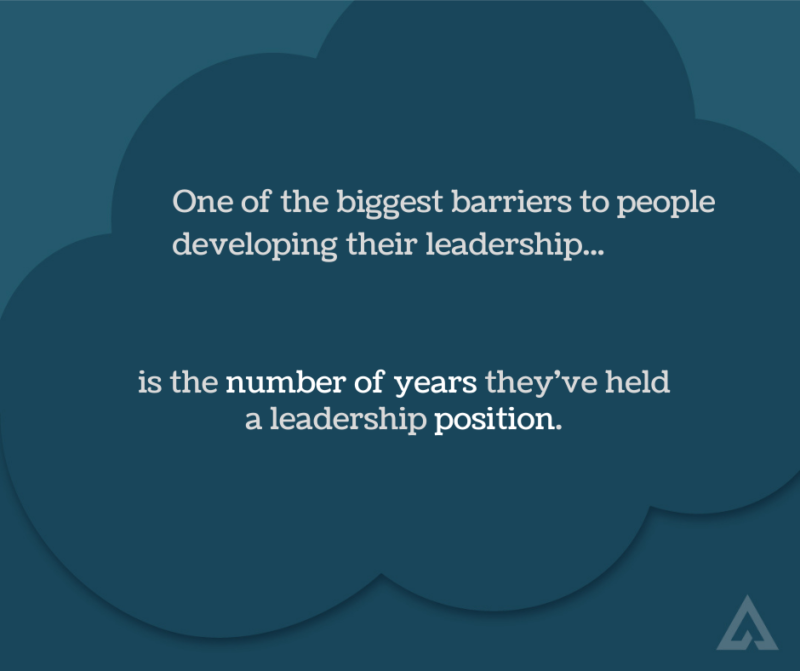Why Experience Gets In The Way of Leadership
Why Experience Gets In The Way of Leadership https://csuiteold.c-suitenetwork.com/advisors/wp-content/themes/csadvisore/images/empty/thumbnail.jpg 150 150 Adam Quiney https://secure.gravatar.com/avatar/621d44cf9c21e10637daddfc55d050b0?s=96&d=mm&r=g
At the start of any leadership conversation, people are generally pretty excited and willing. Developing your leadership sounds like a cool idea — who wouldn’t want to be a better leader, if that’s on offer? Why not, right?
But very quickly, we start to run into the natural resistance that comes when you’re invited to step beyond your current, comfortable range, and into what is frightening for you.
There is no dodging this bullet. Some people think “Well, what’s comfortable for me is being outside of my comfort zone, so this will be a snap!”
In those instances, your next step in leadership may require you to be willing to sit in what you would consider boring and mundane, so that you can be the clearing for others to do the same. All of a sudden, this leadership game doesn’t seem so fun. You thought we were going to go bungee jumping off a roof and really push ourselves. This isn’t pushing ourselves. It’s just boring.
Welcome to your resistance.
Your resistance, however it is shaped, is a hurdle along the way to what is next for you.
One of the biggest hurdles I see people having to overcome on their path to leadership is the number of years they’ve already held a leadership position.
A leadership position (or, put better, a position of authority) is distinct from being a leader. One is a function of your external circumstances (your position in a hierarchy). The other is a function of who you are being.
When people gain experience spending years in leadership roles, they learn through their experience what does and doesn’t work, and develop their toolkit from there.
In these situations, I know that I do X. In those situations, I know that I do Y. This is obvious to me and has been proven time and again on the battlefield of leadership.
But leadership is about growing beyond your existing range. It operates from the context that what got you here, won’t get you there. In fact, your attachment to all of the structures and approaches that got you here will hold you in place. You’ll continue to generate the same kind of results.
This is fine if what you want to do is reiterate and repeat. But if you’re looking to create transformational results, your leadership requires its transformation.
Your years spent in a leadership role serve as evidence to you that what you believe to be the way, is right. And from being right, it’s hard to receive any new feedback as anything other than wrong.
The leader with ten years of experience becomes attached to what they know works. They become committed to the idea that they have something, and that something must be defended when they’re invited to set it down.
If you have a strategy that listening to everyone’s feelings first and only then making a decision is always the right thing to do, then you’re going to really get gummed up when you’re in a situation requiring you to make a clutch decision in the moment.
Maybe you learned that you should never leave someone feeling disempowered at the end of the day, and so you make a point of cleaning everything up with people to ensure they end their conversations with you feeling uplifted.
But that’s going to be poison when the breakthrough that person is up to in their own leadership requires them to sit in the bankruptcy of their old patterns and experience how disempowered it actually leaves them.
Rather than being able to let them sit in that experience, you’re walking along behind them, cleaning things up and putting a silver lining to everything.
Everyone will have to overcome these kinds of barriers as they develop their leadership.
This doesn’t mean you can’t deepen your leadership when you have experience. It’s simply an opportunity to distinguish your hurdles and get out in front of them.

